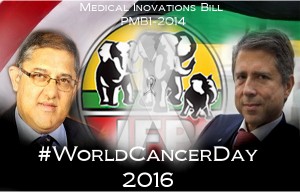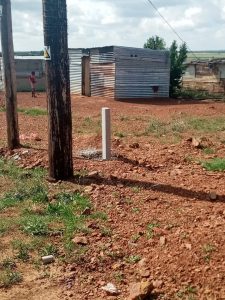7 November 2014 | Gevea : The World Health Organization welcomes the Government of Australia’s commitment to providing health professionals and more funding to boost the fight against Ebola virus disease.
Australia joins a growing band of countries now providing health care workers as well as other desperately needed resources-funding, medical equipment and supplies-to boost efforts to control the Ebola outbreak in West Africa.
Australia will contract with a private health service provider to manage and run an Ebola treatment centre, as part of a British-led plan to open a series of large treatment centres in Sierra Leone. A contingent of international staff will be sent by Australia to support local health care workers working in the treatment centre.
This will add another important piece to the package of measures needed to stop transmission of the Ebola virus in West Africa. Lack of access to treatment beds has meant many people with Ebola virus disease have remained in the community, thus increasing the likelihood of transmitting the virus.
Of the 4707 Ebola treatment centre beds needed in the three heavily affected West African countries, only 22% are currently operational. One of the biggest obstacles to opening more beds is lack of skilled staff trained in infection prevention and control.
In Sierra Leone it is estimated that 1864 Ebola treatment centre beds will be needed by December 1 to provide treatment for people with Ebola virus disease. It is planned that each treatment centre should have between 50 and 120 beds and be staffed by teams consisting of 25-35 international health care workers expert in clinical care and infection prevention and control, as well as 200-250 national staff.
The Australian government will contribute up to A$20 million over the next eight months to support the work of this treatment facility and a further A$2 million to support deployment of technical experts working in non-clinical Ebola response roles.
In addition Australia will provide A$2 million to RedR Australia to fund deployment of technical experts to non-frontline roles in the United Nations Ebola response and will also provide up to A$2 million to train health officials in Papua New Guinea, Timor-Leste and the Pacific Islands to prepare for a potential Ebola outbreak.










